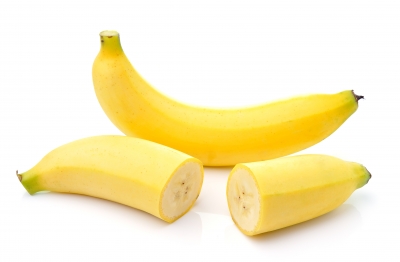Heart Health Made Easy – Secret Santa Surprise
I’m putting together a special Secret Santa surprise for subscribers of The Heart of Health. If you are not subscribed, sign-up at http://hearthealthmadeeasy.com. Stay tuned for your Secret Santa. . . 🙂
All the best,
Lisa Nelson RD
https://lisanelsonrd.com
Healthy Holidays – How to Make Heart Healthy Choices When Traveling
Christmas is just around the corner which may mean a road trip for you. Here are a few tips on how to make heart healthy choices when on the road this holiday.
1. Fast Food Restaurants
Road trips frequently mean stops for fast food. Fortunately you can find nutritious options at several fast food restaurants if you order wisely. Select fast food places like Subway or Quiznos for sandwiches made on whole grain bread with lean meat and plenty of veggies. Salads are an option at many fast food restaurants, but avoid salads covered with tortilla chips, deep fried meat, and covered in dressing.
2. Convenience Stores
Should food stamps be used to purchase soda?
Mayor Bloomberg requested permission from the United States Department of Agriculture (USDA) to prevent food stamps be spent on sugary drinks in an effort to counter rising rates of obesity. This would then provide families with additional money for the purchase of more nutritious foods and drinks.
This could be seen as “picking on” individuals that struggle to make ends meet and rely on foods stamps.
What do you think?
Are the rising rates of obesity and increasing health care costs linked to people not knowing how to purchase healthy foods? Should the government be able to regulate what individuals using food stamps purchase?
My opinion:
Breastfeeding Protects Against Childhood Obesity
Breastfeeding and moderate maternal weight gain during pregnancy can both play an important role in preventing childhood obesity, according to a review of the medical literature highlighted in the current issue of the new bimonthly, print and online journal Childhood Obesity, published by Mary Ann Liebert, Inc.
About 1 in 3 children in the United States older than two years of age is overweight or obese. Clinical researchers are taking a close look at maternal and nutritional factors during pregnancy and infancy that could contribute to an increased risk of obesity during childhood.
Ruth Lawrence, MD, DD (Hon), Professor of Pediatrics, Obstetrics, and Gynecology at the University of Rochester (NY), describes the “strong” and “consistent” evidence that maternal weight gain of 40 pounds or more during pregnancy increases the risk of childhood obesity. She also reviews studies that demonstrate a link between breastfeeding and a reduced risk of obesity compared to infant formula. Dr. Lawrence explores the possible mechanisms that could explain this protective effect of breastfeeding in the paper entitled, “Does Breastfeeding Protect Against Overweight and Obesity in Children?” These include differences in feeding patterns and the act of suckling, milk volume consumed and satiety cues, and the nutritional and hormonal contents of breast milk compared to formula and how they regulate metabolism and energy balance.
Lower Blood Pressure with Quinoa
Quinoa (pronounced KEEN – wah) has become a hot commodity the past few months according to a National Restaurant Association survey.
What is quinoa?
Quinoa is not technically a grain, but the seed of a large plant called Chenoposium quinoa or Goosefoot plant. Quinoa is available in many colors (ivory, pink, red, white, brown, black) and forms (grains, flakes, cereals, pastas).
Nutrient Analysis
Lower Blood Pressure with Potassium
 The effectiveness of potassium to lower blood pressure is directly related to sodium. Potassium works to balance out the sodium in your diet. An adequate potassium intake can lower systolic pressure ~4.4 mm Hg and diastolic pressure ~2.5 mm Hg.
The effectiveness of potassium to lower blood pressure is directly related to sodium. Potassium works to balance out the sodium in your diet. An adequate potassium intake can lower systolic pressure ~4.4 mm Hg and diastolic pressure ~2.5 mm Hg.
If you want to prevent or lower blood pressure it’s very important you balance your intake of sodium and potassium. The more potassium in your diet and the lower the sodium, the better your blood pressure will be.
Sodium Recommendations
The typical American diet contains 3.6 grams of sodium daily. It’s recommended that sodium intake be limited to 2.3 grams or less daily (~1 teaspoon). If you already have high blood pressure you’ll want to restrict your sodium intake even further – less than 1500 mg/day.
How Much Potassium?



